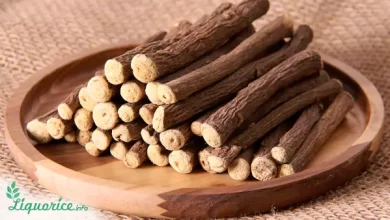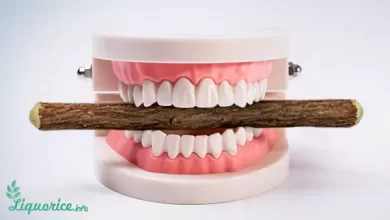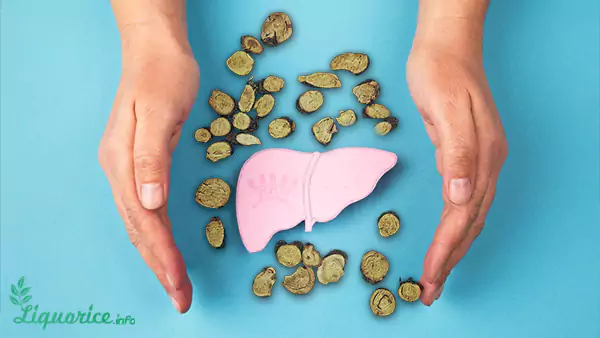
HOW Licorice Affects Our Liver
Background
Licorice is a wild plant that is mainly found in south parts of Europe, North Africa and some parts of Asia including Iran. Licorice is a perennial herb which has been consumed in traditional medicine for a long time.
Licorice medicinal effects have been always considered prominent in traditional and modern medicine. In this article, we pay attention to how licorice affects our liver.
Licorice
Licorice contains vitamins B and E and minerals such as potassium and magnesium, sterols, amino acids etc. Licorice has got isoflavonoid, flavonoid and saponin. Glycyrrhizin is the main component of licorice.
Licorice contains a substance which has anti-inflammatory and anti-bacterial properties. Licorice extract prevents infection. Glycyrrhizin can be useful in treatment of bacterial and viral infections. Licorice contains flavonoids like Glabridin and Glabrene.
Chinese research has shown that licorice root at least has two elements that have antiviral effects called: GL and GA. They weaken virus activities like virus gene and its replication. This plant also contains flavonoids that treat bacterial infections.
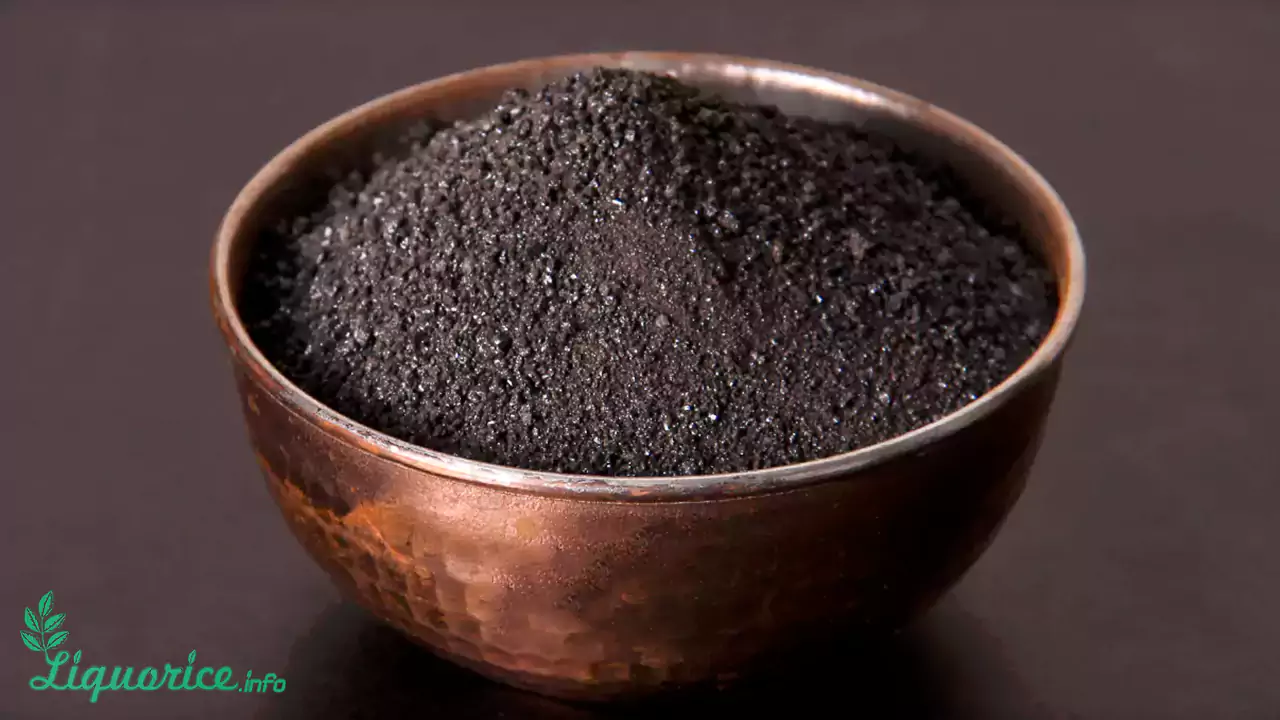
Licorice in Treatment of Liver Diseases
Hepatitis C causes inflammation and liver damage if it isn’t cured for a long time. Glycyrrhizin in licorice root fight against this disease and may be helpful in its treatment. One study on rats proved that licorice extract is able to prevent liver oxidative injury. Actually, it acts as a chemo preventive and has a positive effect on hepatic damage.
Another research studied the effect of licorice on chronic alcohol-induced fatty liver. The data showed that licorice protects liver against this injury due to its anti-inflammatory features and increase of antioxidant defense. Licorice prevents the accumulation of fat in alcoholic liver.
Licorice is consumed intravenously to cure Hepatitis B and C. This plant is also used to treat some sores in mouth caused by Hepatitis C.
Glycyrrhizic acid is the most active component in licorice root. A drug for liver disease is available in market which includes glycyrrhizic acid, glycyrrhetinic acid and 18-beta-glycyrrhetic acid. Glycyrrhizic acid inhibits hepatic apoptosis and necrosis, it is anti-inflammatory and anti-viral, it regulates immune system activities. This acid controls liver fibrosis and promotes cell regeneration. This substance has few side effects, so it is used in drugs for liver problems.
In this article we discussed how licorice affects our liver. However, this plant is helpful in treatment of peptic ulcers, heartburn, indigestion, acid reflux, acne, psoriasis, asthma, sore throat, cough and many others.
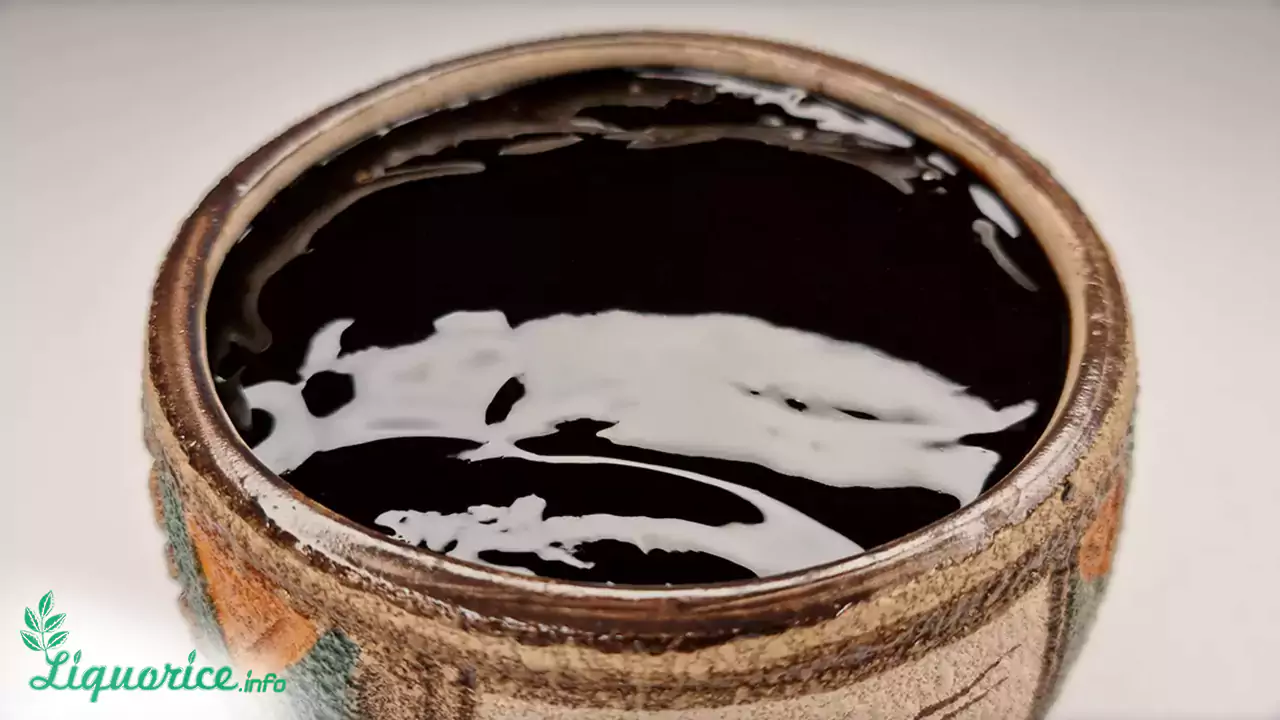
Provided by: Sepidan Osareh Jonoob Co.
Eitor: Meysam Shokripour
References :iranlicorice.com




